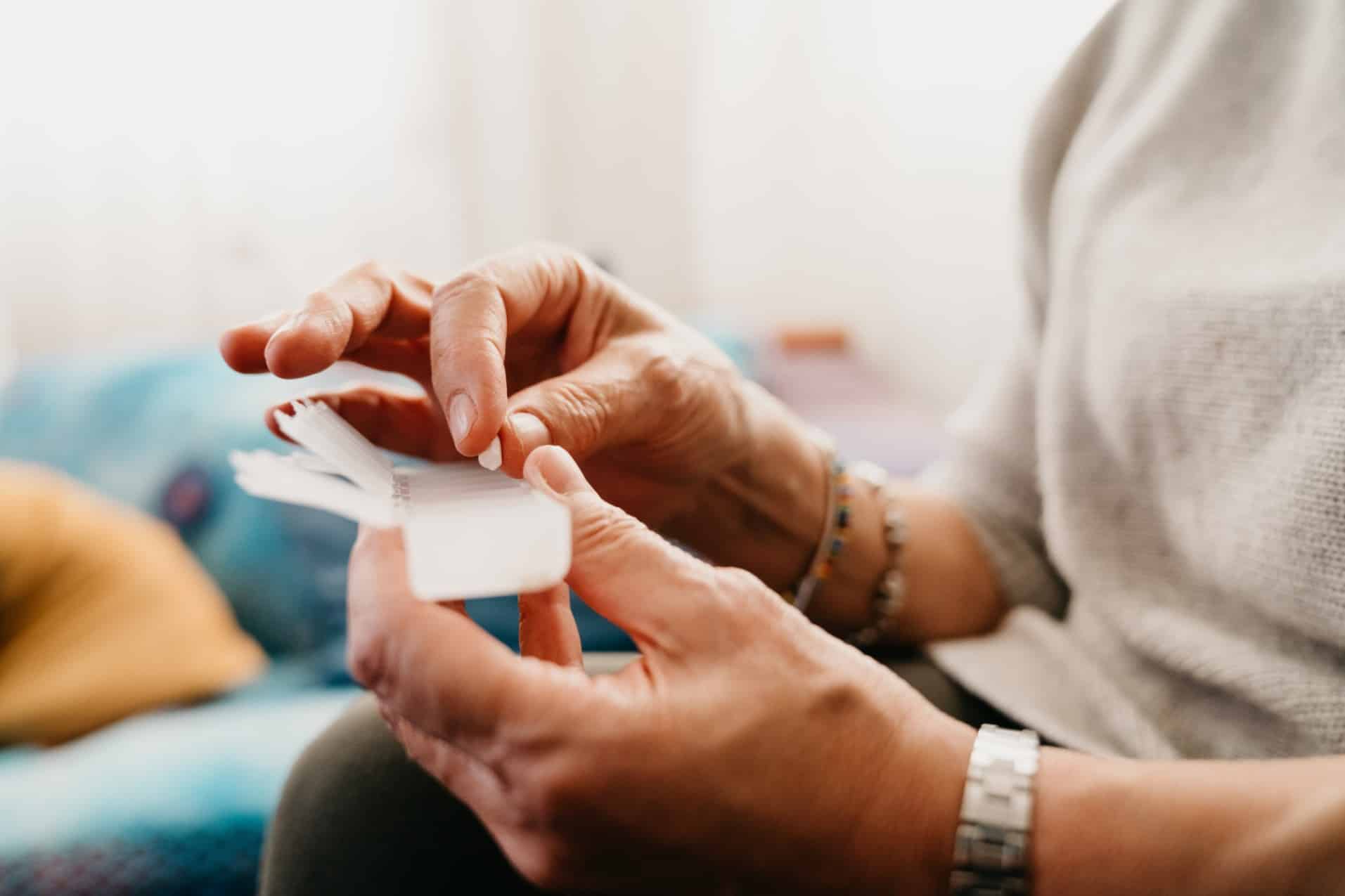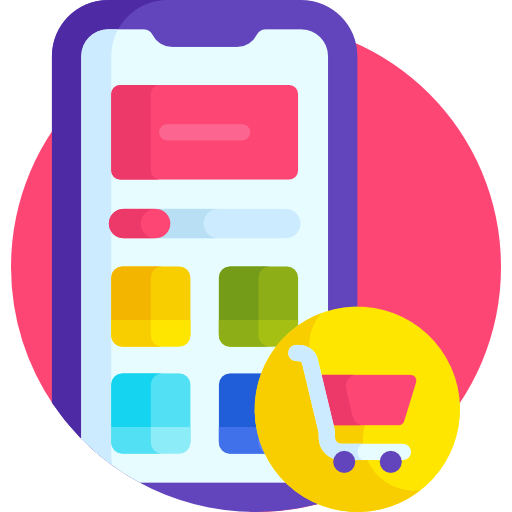Drug induced mania is a serious mental health condition that can have long-term implications. It happens when treatment for another medical condition, for example depression or ADHD is causing manic episodes in the people it affects. Although bipolar-related forms that are induced by drugs exhibit similar symptoms, it is important to know their distinct features and the most effective methods to treat this problem. This article will explore the causes behind drug-induced bipolar disorder. It will also give details of the symptoms and different diagnostic strategies psychiatrists employ. The article will also provide information on the available treatments for managing a diagnosis. With insight from mental health professionals on how best to spot signs of or alcohol-induced mania in people who take specific medications, individuals can learn what steps should be taken to treatment after a correct diagnosis is established.

Bipolar disorder is an extremely complex mental illness that is characterized by mood swings that range between hypomanic and manic depression episodes. Although the causes of bipolar disorders aren’t fully known, studies have revealed that brain chemistry, genetics and environmental influences can all be involved. But there is a lesser-known form of bipolar disorder known as drug-induced bipolar disorder, which is triggered by abuse of substances or the use or misuse of certain medications.
When Bipolar Disorder’s symptoms originate directly from drugs or medication, this is referred to as Drug-Induced Disorder. It is crucial to understand that bipolar disorder caused by drugs can be distinct from bipolar disorder that is not caused by substance abuse or medication influence. In cases of drug-induced bipolar disorder, the symptoms may appear similar to bipolar disorder, however they are caused by the use of drugs.
Certain substances, like stimulants like amphetamines, cocaine and ecstasy, as well with steroids and antidepressants, or even herbal supplements, have been associated with the development of Bipolar Disorder. Utilizing these drugs may disrupt the delicate balance of neurotransmitters within the brain, causing mood swings and manic or hypomanic episodes.
The symptoms of drug induced bipolar disorder are similar to those of bipolar disorder that is more traditional and can be characterized by alternating periods of heightened mood (mania or hypomania) and depressive episodes. In hypomanic or manic phases there is a tendency for people to experience higher energy in their lives, as well as increased irritability, anger and racing thoughts. Additionally, they may not require sleep as often, and may engage in risky behaviors. Depressive episodes, on the other hand, are characterised by sadness, despair, loss of interest in particular activities as well as changes in appetite and sleep patterns, and thoughts of self-harm or suicide.
It is sometimes difficult to diagnose drug-induced bipolar disorder since the symptoms are frequently attributed to the user of the substance. It is essential to differentiate bipolar disorder caused by drugs because they require a different approach in treatment. Drug use must be considered and controlled alongside bipolar symptoms to achieve effective stabilization and recovery.
The treatment of bipolar disorder caused by drugs disorder generally involves a combination between psychotherapy, medications and addressing issues of alcohol abuse. Certain drugs, such as mood stabilizers or antipsychotics, are prescribed to manage mood swings and control symptoms. Psychotherapy, like cognitive-behavioral therapy (CBT) can assist people develop strategies to cope that identify triggers, as well as adopt lifestyle changes to aid in their recovery.
Treatment of bipolar disorder induced by drugs is required to address the issue of substance abuse. The participation in drug abuse treatment programs, attendance at support groups, or working with addiction professionals might be required to address the substance-related issues that are at the root. It is important to create a comprehensive treatment plan that addresses both bipolar symptoms and the use of substances for the greatest chance for long-term healing.
It is crucial that you or someone you know seeks professional help in the event that you suffer from bipolar disorder triggered by drugs. A professional with experience with treating disorders that co-occur will give a precise diagnosis and create a customized treatment plan. If you receive the proper treatment, you will be able to recover.
Drug-induced bipolar disorder is a specific form of bipolar disorder triggered through substance abuse or consumption of certain medications. It is vital to differentiate this kind of bipolar disorder from traditional bipolar disorder to ensure proper diagnosis and treatment. To be able to effectively support and treat those affected with Bipolar Disorder induced by drugs, it is essential to understand the signs of the disorder, their causes, and treatments. A proper approach can help individuals find recovery and stability by addressing both substance abuse and bipolar symptoms.

